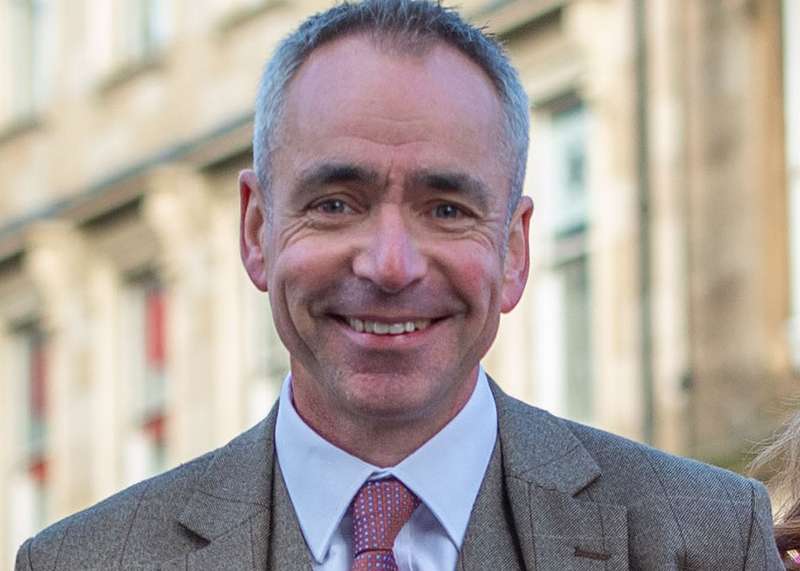
By Ed Monaghan, a non-executive director at Perceptive Communicators
LONG-term regeneration projects are often made up of a consortium of multiple businesses, across several teams and dozens of people. Therefore, communication will play a central role in managing reputations, maintaining relationships and achieving collective goals.
While this has been the case for many large-scale projects I have been involved with, I have also experienced situations where communication is not managed so well. Often communication is considered far too late.
Having worked within the built environment sector for over 40 years I have had the privilege of supporting the delivery of some really exciting projects, for example the Athlete’s Village in Glasgow as part of the legacy of the 2014 Commonwealth Games, Shawfair, a significant new town with close proximity to Edinburgh, and Clyde Gateway, Scotland’s largest regeneration programme.
Each of these projects are transformative and deliver sustainable regeneration for the surrounding areas, helping to drive inward investment and infrastructure improvement.
Communications professionals have a very specific set of skills which many within the construction sector will admit they don’t have. Not only are they able to maintain a level of impartiality, as part of the team they can help achieve important goals like securing planning permissions and funding.
Embedding your communications, from the very beginning of a project is crucial. Not only is it critical to building a vision and telling a story, it’s also fundamental to managing your reputation, developing consistency of message and ensuring a balanced level of influence and visibility for all involved, so helping achieve your goals more efficiently and with more certainty.
For the Athlete’s Village there was huge support for the Games, but what we couldn’t dismiss was the impact a construction project of this scale would have on people living nearby. Of course there was a desire to shout about the positives from the outset, but we were also cautious.
Thanks to the expertise of our experienced communications team, Perceptive Communicators, we made sure we prioritised those who would be immediately impacted by this long-term construction project. Our strategy was important to celebrate what had been achieved by winning the Games, but equally recognising the work required across the board to ensure it was a success and that everyone felt part of it.
This communications approach was vital, not only in protecting the reputations of the project and those involved, but also in using it as a positive platform. In addition to this huge reputational success, we also sold out the development two years ahead of schedule, thanks in large part to the proactive communications approach. Only by bringing our communications into the fold from the outset could this have been achieved.
With Shawfair our communications strategy was built around communicating with local stakeholders, like the community council. Our first step was to agree a clear vision and consistent messaging within the consortium so that everyone was on the same page. This was then used to engage key stakeholders and help them understand the different phases and benefits of this 10-year project as it evolved. Building a positive dialogue and trust with local stakeholders can pay dividends in the long run and act as an early warning system which can help shape your approach going forward. This is where an experienced communications team can really help.
My point here is that when communications and reputational impact are considered at the outset, rather than at the end, the outcome can be much more successful.
My advice therefore is don’t wait until you have a crisis on your hands to involve your communications team. Give them a seat at the table from the beginning.








